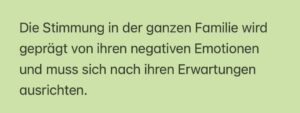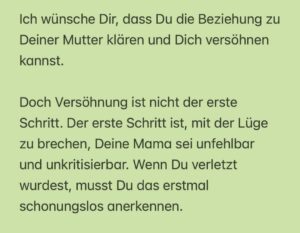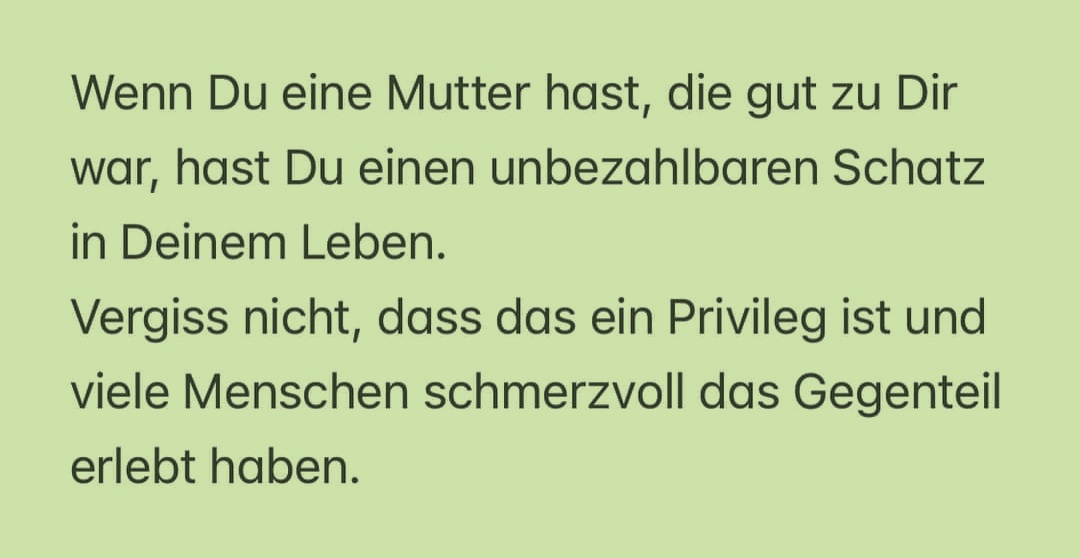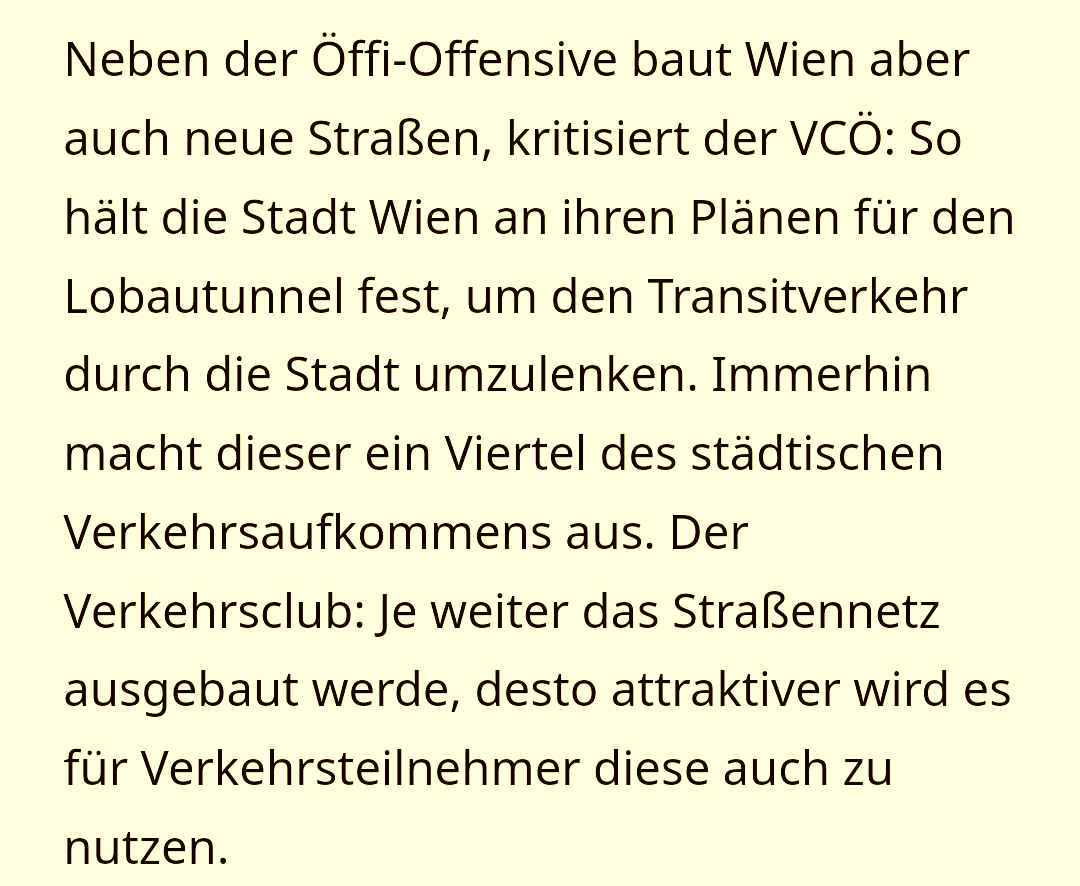Im Vergleich mit Anderen hatte ich eine wirklich privilegierte Kindheit
Ich lese gerade “Baptistland: A Memoir of Abuse, Betrayal, and Transformation” (“Baptistland: Memoiren von Missbrauch, Verrat und Transformation“) von Christa Brown, die als dritte von vier Mädchen in Farmers Branch, TX, in einer sehr dysfunktionalen Familie und der örtlichen Baptistengemeinde aufgewachsen ist. Christa wurde vom Jugendpastor der Kirche mißbraucht. Später hat sie herausgefunden, daß das in der Gemeindeleitung ein offenes Geheimnis war. Unten steht etwas mehr darüber.
Dieses Buch hat mir wieder einmal klar gemacht, wie privilegiert ich war, in einer überwiegend funktionalen Familie mit liebevollen Eltern, fünf Geschwistern und meistens ein oder zwei Hunden aufzuwachsen; und daß es während meiner Kindheit und Jugend in mehreren katholischen Pfarren niemals auch nur einen Hauch von Missbrauch durch Geistliche oder andere gab. Auch in der Schule habe ich nichts derartiges erlebt.
Sind diese Probleme auf die USA, die Southern Baptists, die Anglikanischen Kirchen, oder die Katholische Kirche beschränkt? Das glaube ich nicht, und ich glaube auch nicht, daß Österreich diesbezüglich eine “Insel der Seligen” ist, aber in unseren österreichischen Baptisten- und anderen freikirchlichen Gemeinden habe ich nicht einmal gerüchtehalber von derartigem, letztlich unbestraften Mißbrauch gehört. Das liegt vielleicht daran, daß die freikirchliche Szene hier wesentlich überschaubarer; daß wir Österreicher braver sind und weniger zur Sünde neigen, als die Amis, glaube ich eher nicht.
Ich nehme von diesem Buch (hab jetzt ca. ein Viertel gelesen) zwei wesentliche Dinge mit:
- Dankbarkeit, daß ich, wie schon gesagt in einer intakten, überwiegend funktionalen Familie aufgewachsen bin und auch Mißbrauch jeder Art ein Fremdwort für mich war, und
- Die Notwendigkeit wachsam zu sein, nicht nur im Gemeinde-Kontext, sondern überall, wo Kinder und Jugendliche möglicherweise in Gefahr sind, von Erwachsenen oder anderen Jugendlichen.
Hier ist etwas mehr Information über das Buch:
Seit Jahren ist Christa Brown eine beständige, entschlossene und fürsorgliche Stimme, die der Southern Baptist Convention die Wahrheit sagt – kürzlich wurde sie für ihre Arbeit als eine der „Top 10 Religion Newsmaker“ benannt.
In Baptistland, ihrem Bericht über den Missbrauch in ihrer texanischen Kindheitsgemeinde, deckt sie die Schäden des südlichen Patriarchats und des religiösen Fundamentalismus auf. Sie beschreibt, wie männliche religiöse Führer so sehr auf den Schutz der Institution konzentriert sind, dass sie die Sicherheit der Kinder opfern.
Doch Christa fand ihre Stimme und erhob sich über das Trauma, Gaslighting und andere Herausforderungen, um Anwältin am Berufungsgericht zu werden. Ihre unermüdliche Ehrlichkeit stieß viele Jahre lang auf taube Ohren. Aber nun erkennt die Welt das Wahrheitsreden als kraftvolles Zeugnis der Liebe an.
Christa Browns Botschaft in “Baptistland: A Memoir of Abuse, Betrayal, and Transformation” muss gehört werden – eine Geschichte der Hoffnung, die sich zu weitreichenden Auswirkungen entwickelt.
Führende Persönlichkeiten und Überlebende, über die wir bei The Roys Report berichtet haben, loben dieses Buch. Meine Freundin und Bestsellerautorin Karen Swallow Prior schreibt: „Baptistland wird dich zum Weinen bringen. Es wird dich wütend machen. Es wird dein Herz brechen. Es wird dir die Augen öffnen.“
Dr. Prior fügt hinzu: „Jeder Southern Baptist muss diese Geschichte lesen, und jeder Southern Baptist Führer muss sich für das, was sie offenbart, verantworten.“
Dee Parsons von The Wartburg Watch, das Missbrauchsgeschichten in Kirchen beleuchtet, sagte, sie sei zunächst von Christas Bericht über „emotionalen und physischen Missbrauch“ überwältigt gewesen. Dann wurde Christa „die bekannteste Fürsprecherin für Veränderungen im Umgang der SBC mit sexuellem Missbrauch. Sie blieb standhaft, triumphierte und inspirierte mich“, sagte Parsons.
Und David Clohessy, ehemaliger Geschäftsführer des Survivor’s Network of those Abused by Priests, nennt Baptistland „ein erschütterndes, aber inspirierendes Memoir und einen dringend benötigten Leitfaden für alle, die versuchen, korrupte Institutionen aufzudecken.“
Hier gibt es das Buch bei Amazon, hier bei Thalia in Österreich und Deutschland, sowie bei Buchhaus Schweiz. (Außer in der Schweiz auch als eBook)
(Dieser Text stammt aus einem Newsletter von The Roys Report, einem Nachrichtendienst, der sich für Ehrlichkeit und Tranzparenz bei Mißständen in evangelikalen Kirchen und Gemeinden einsetzt.)










